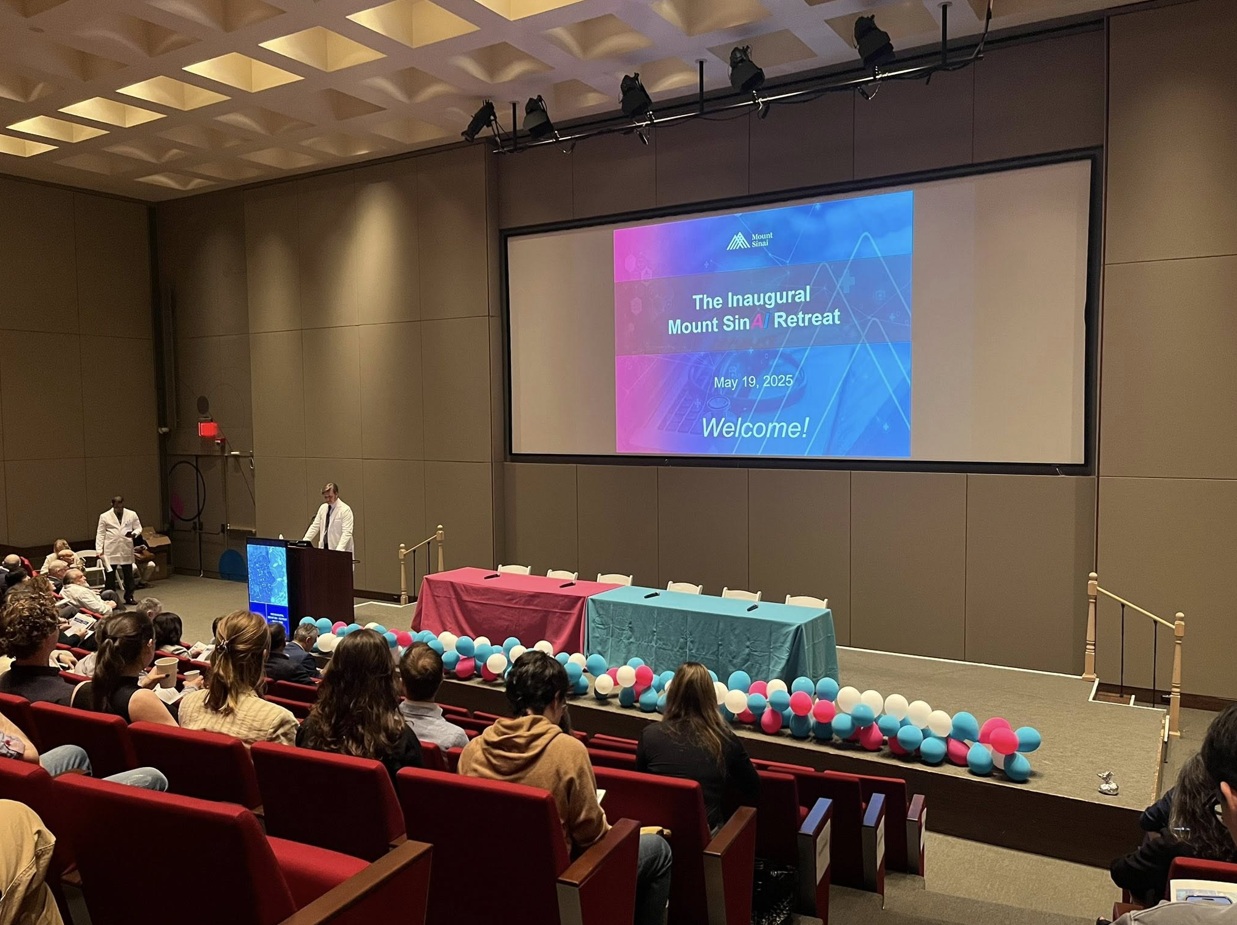Scientific Computing and Data / Newsroom
Current News
Current activities, events, and information about Scientific Computing and Data
NOVEMBER 2025 RESEARCH ALERT!
Unauthorized Sharing and Access of Incoming Data with Others and Additional Compliance with Your Agreement for Data Access:
- This communication is addressed to those Principal Investigators (PIs) whose research involves accessing data from an external entity.
- Unless explicitly stated otherwise, data providers and repositories restrict data access to the individuals listed in the agreement for data access (Agreement). Your access to data does not automatically grant permission to share it with others in your lab.
- Any individual who needs access must be explicitly listed as a recipient in the agreement either by name or by inclusion in an authorized personnel category (e.g., recipient’s faculty, employees, fellows, students, and agents (“Recipient Personnel”)). It is a serious violation with potential financial and legal consequences if you share data with individuals who are not authorized. To add ISMMS individuals, follow the steps in accordance with the requirements of the data repository and the terms of your Agreement.
- The PI is responsible for ensuring that all individuals with access to the data are aware of the Agreement terms, especially any restrictions on further data access and sharing.
- External collaborators need to request access to the data repository through their own institution. The external collaborator within their institution needs to establish the Agreement.
- If you have a multiple research appointment, the data access is for you at ISMMS only. Do not send the data to your other institution or store it on their servers.
- Likewise, do not send data to a personal email account or device.
- In addition to restrictions on data sharing and access, you must ensure compliance with all other terms of the Agreement, especially those related to end of usage data destruction or return. Failure to comply may constitute a serious violation.
New Large-Scale Empire AI GPUs available for Mount Sinai Researchers
Empire AI is a consortium of ten New York State institutions with support from New York State and private philanthropy, that oversees a shared computing facility to promote responsible research and development, including the advancement of the ethical and public-interest uses of artificial intelligence (AI) and high-performance computing (HPC) technologies in New York.
- The first Alpha system has been in production since Oct. 2024 and is available for onboarding new projects immediately.
- The second Beta system will be in production in Dec. 2025. Empire AI are now soliciting proposals to use this upcoming Beta system.
- Beta will be up to ∼7x faster than Alpha on machine learning training and up to ∼20x on inference. Its DGX GB200 NVL72 SuperPOD technology tightly integrates the GPUs, for example enabling efficient training of multi-trillion parameter models.
- Alpha + Beta hardware details are described here.
- To access, Mount Sinai PIs must agree no sensitive data will be transferred to Empire AI cluster by submitting the form at https://redcap.link/EAI-DUA
- After the above form received, you will be contacted with instructions for Empire AI project onboarding
- If you have general questions about this Empire AI resources, please open a ticket at hpchelp@hpc.mssm.edu for now.
- All future ticket and communication will go via Empire AI ticketing system at support@empireai.edu.
- There will be a Town Hall on the new GPUs/AI resources available on Empire AI Computing Center (https://www.empireai.edu/) scheduled for October 10 at 12:00 PM (noon).
- Topics covered:
-What is Empire AI
-Empire AI GPU Hardware Resources
-How to Access
-Discussion & Questions
–Register here.
- Topics covered:
The Inaugural Mount SinAI Retreat
This first annual showcase of Mount Sinai’s Artificial Intelligence (AI) capabilities and applications took place on May 19, 2025, and included an exciting day of talks and panels in the Stern Auditorium, with a special keynote address by Dean Charney on inventing the future of medicine. In addition, interactive stations were present in the Atrium, introducing attendees to the latest AI tech such as augmented reality goggles and cool robots! Further information can be found here.



In the Media
Find out about research, innovations we’re contributing to from around the web and in the press
AI-Driven Model Supports Safer and More Precise Blood Sugar Management After Heart Surgery
New research shows machine learning can assist doctors in navigating complex insulin dosing in the ICU, find out more here.
AI Model Improves Delirium Prediction, Leading to Better Health Outcomes for Hospitalized Patients
Novel AI Model boosts early detection and treatment by increasing staff efficiency, find out more here.
Icahn School of Medicine at Mount Sinai Expands AI Innovation with OpenAI’s ChatGPT Edu Rollout
First Medical School to Deploy Private and Secure Tool to All Students, find out more here.
AI Algorithm Can Help Identify High-Risk Heart Patients to Quickly Diagnose, Expedite, and Improve Care
Mount Sinai-led research can transform how hospitals triage, risk-stratify, and counsel patients to save lives, find out more here.
Is AI in Medicine Playing Fair?
Mount Sinai researchers stress-test generative artificial intelligence models, urging safeguards, find out more here.
Mount Sinai Launches Center for Artificial Intelligence in Children’s Health to Advance AI-Driven Outcomes in Children
New Center Aims to Accelerate AI Research and Personalized Treatment in Children’s Health. Find out more here.
Mount Sinai Ranks as No. 1 Health Care Institution According to Nature AI Index
Mount Sinai Health System is No. 1 on the new Nature AI Index 2024 list of “Leading 10 Healthcare Institutions,” and among the world’s “Leading 200 Institutions” for AI across all fields, published by the prestigious journal Nature. Find out more here.
